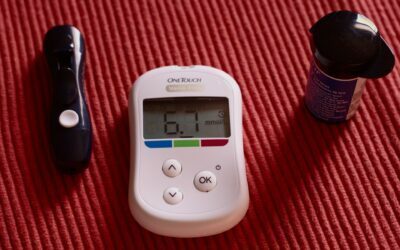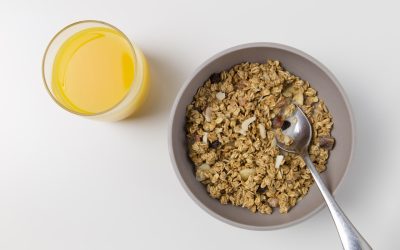Poor circulation is a condition that affects many people and can lead to a range of health problems if left untreated. It occurs when the blood flow is restricted or reduced, resulting in a lack of...
Blog: Blood Sugar
The Relationship Between Age and Blood Glucose Levels
The relationship between age and blood glucose levels is an important topic in understanding how the body maintains healthy glucose levels in the blood. Blood glucose, or blood sugar, is an...
Blood Sugar Levels and Heart Health: What You Need to Know
Your blood sugar levels are an important measure of your health. Maintaining normal blood sugar levels is crucial for overall health and preventing heart health problems. Now, if you want to know...
Everything You Should Know About Hyperglycemia in Diabetes
High blood sugar levels can be caused by a variety of factors in people with diabetes, including food and physical activity, illness, and medications. Skipping doses of medication or not taking...
What Can Spike Your Blood Sugar and Cause Hyperglycemia?
There are a number of things that can spike your blood sugar and cause hyperglycemia. Certain foods and drinks can raise your blood sugar levels, as can stress and illness. If you have diabetes,...
What You Should Do When Your Blood Sugar Gets Too Low
Diabetes patients experience hypoglycemia (low blood sugar) when their bodies do not have enough sugar to utilize as fuel. It can occur for various causes, including food, certain drugs and...
Insightful Guidelines About Glucose for Non-Diabetics, Part 3
It is possible for non-diabetic people to maintain stability and keep glucose levels under control, especially when it’s under the premise of being more informed about this particular component in...
Insightful Guidelines About Glucose for Non-Diabetics Part 2
Glucose can be quite a tricky subject for non-diabetic people to grasp. However, with the right guidelines, you can find yourself to be more informed about this important component of your blood...
Insightful Guidelines About Glucose for Non-Diabetics Part 1
Diabetes is a prominent condition among plenty of people. However, a considerable percentage is undiagnosed or clear of having varying blood sugar levels. With this usually comes a lack of...















